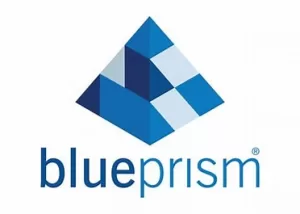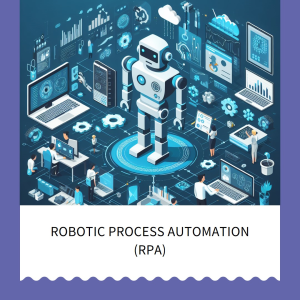Introduction
Robotic Process Automation (RPA) is a software technology that automates repetitive tasks using software robots. RPA is sometimes referred to as software robotics and is a form of business process automation. The purpose of RPA is to streamline workflows, reduce the time and effort required to complete manual tasks, and improve accuracy. In this blog, we will explore the benefits of RPA and some examples of how it can be used.
What is RPA?
Robotic Process Automation (RPA) is sometimes referred to as software robotics. It is a form of business process automation that uses software to automate repetitive tasks. RPA purpose is to streamline workflows, reducing the time and effort required to complete manual tasks.
What are the benefits of RPA?
Some of the benefits of RPA include:
-
Increased efficiency: RPA can help organizations complete tasks faster.
-
Improved availability: RPA systems can in place 24 x 7. They are dedicated to their task.
-
Improved accuracy: RPA can help organizations reduce errors and improve accuracy. Automating tasks that are prone to human error.
-
Scalability: RPA can be easily scaled up or down to meet changing business needs.
-
Cost savings: RPA can help organizations reduce labour costs by automating repetitive tasks.
Examples of RPA
-
Automating approvals: Automate the approval process for documents, expenses, and other requests.
-
Data collection and processing: Collect data from different sources and automatically process it.
-
Social media management: Automate tasks such as posting updates, and monitoring mentions.
-
Email automation: Automate email tasks such as sending notifications, creating calendar and events.
What are the key technologies?
-
Power Automate: is a cloud-based service provided by Microsoft that allows users to create automated workflows between different applications and services. Formerly known as Microsoft Flow it was released in 2016 and name changed in 2019.

-
IBM Robotic Process Automation: IBM Robotic Process Automation is an RPA platform that offers a wide range of features and integrations. The software has been available since 2013.
-
UiPath: UiPath is a leading Robotic Process Automation (RPA) platform that allows users to automate repetitive tasks and streamline their workflows. The company was founded in 2005 and software released in 2013.

-
Automation Anywhere: Automation Anywhere is another popular RPA platform that offers a wide range of features and integrations. The company was founded in 2003.

-
Blue Prism: Blue Prism is a RPA platform that is designed to help users automate complex business processes. The company was founded in 2001 and acquired by SS&C Technologies in 2022.

Conclusion
In conclusion, RPA is a powerful tool that can help organizations automate repetitive tasks, reduce errors, and improve accuracy. Some of the benefits of RPA include increased efficiency, improved availability, scalability, and cost savings. RPA can be used to automate a wide range of tasks, from data collection and processing to social media management and email automation. Key technologies for RPA include Power Automate, IBM Robotic Process Automation, UiPath, and Automation Anywhere. By leveraging RPA, organizations can free up their employees to focus on more strategic work, while also improving productivity and reducing costs.
Contact us if you want to find out more or discuss references from our clients.
Find out about our Business Intelligence Consultancy Service.
Or find other useful SQL, Power BI or other business analytics timesavers in our Blog
Our Business Analytics Timesavers are selected from our day to day analytics consultancy work. They are the everyday things we see that really help analysts, SQL developers, BI Developers and many more people. Our blog has something for everyone, from tips for improving your SQL skills to posts about BI tools and techniques. We hope that you find these helpful!
Blog Posted by David Laws



